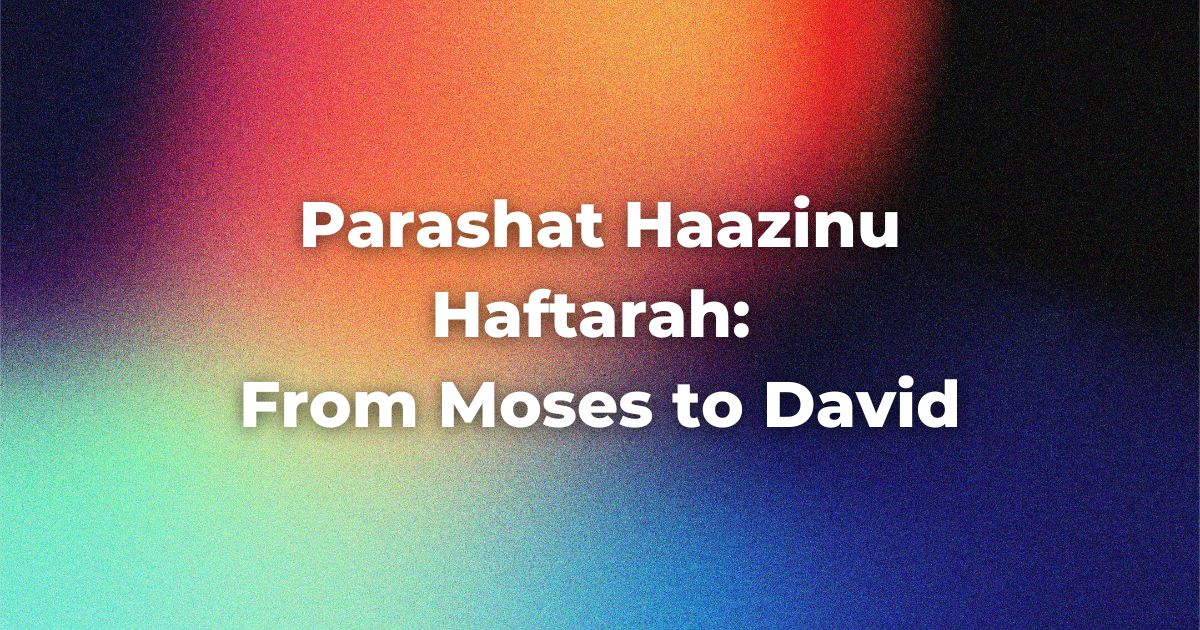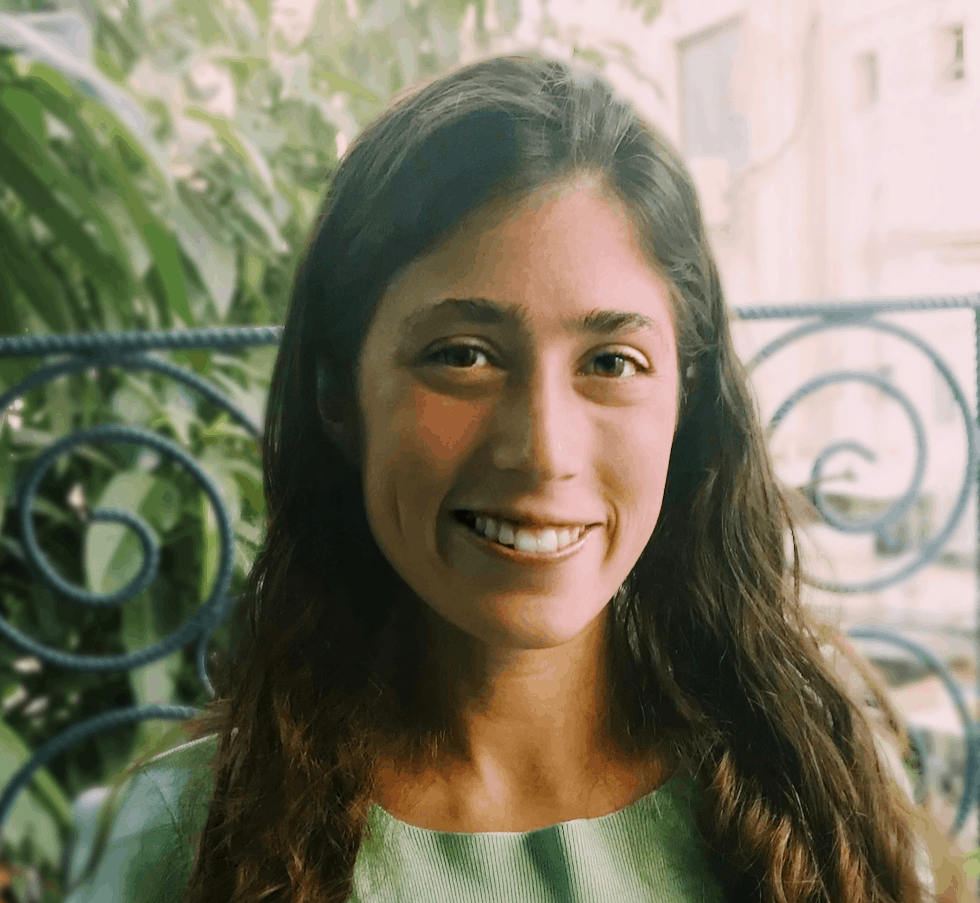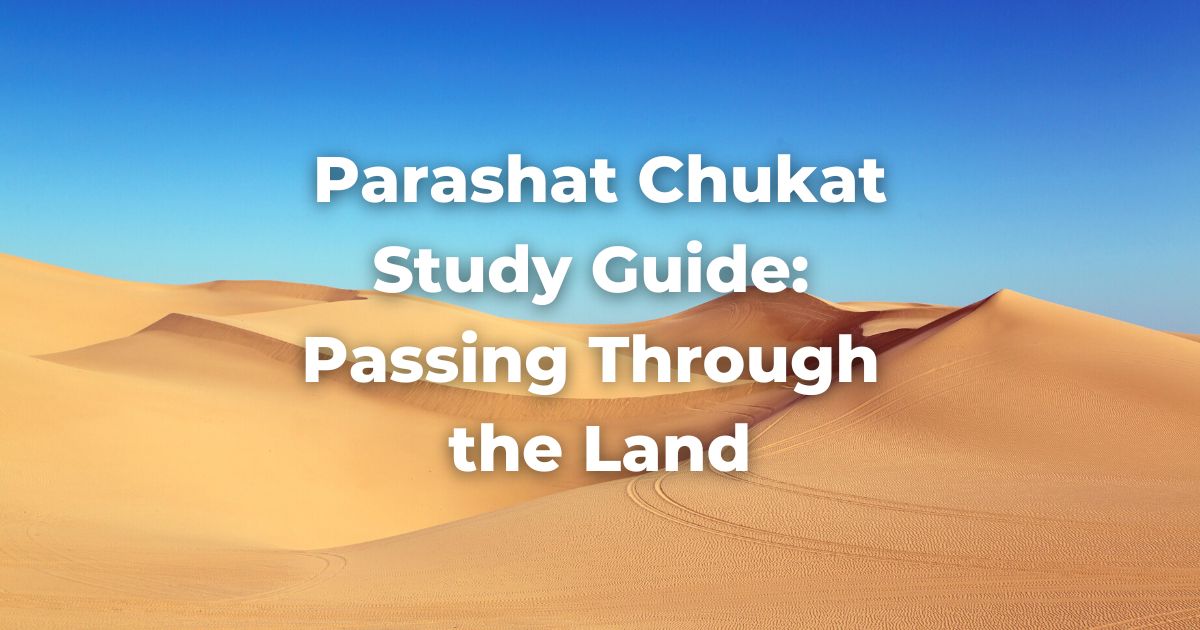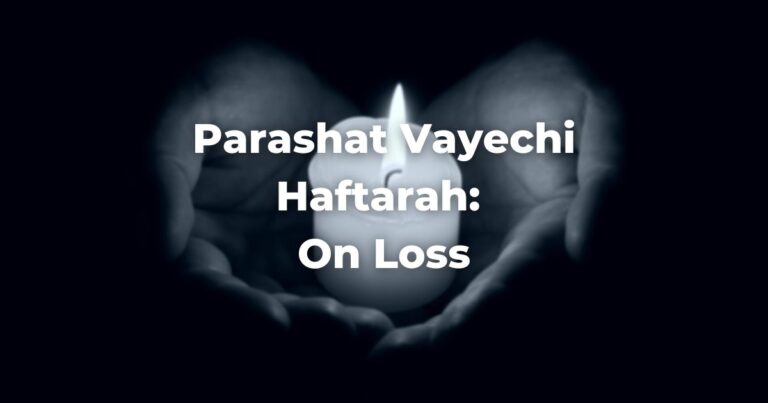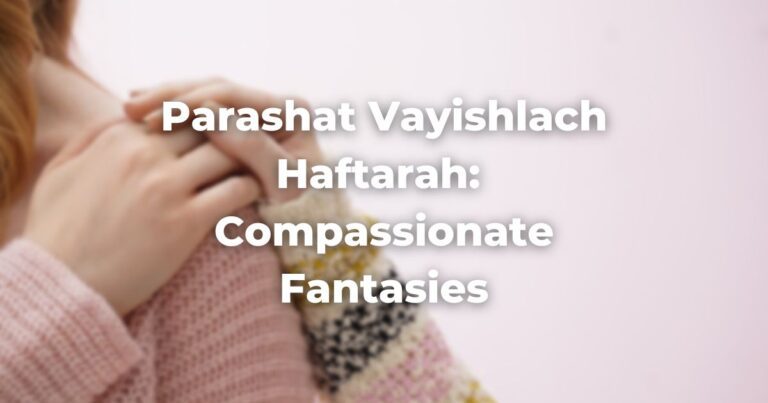This week, as we approach the end of the TorahRefers to the first five books of the Hebrew Bible, the Tanakh, also called the Five Books of Moses, Pentateuch or the Hebrew equivalent, Humash. This is also called the Written Torah. The term may also refer to teachings that expound on Jewish tradition. Read more cycle, we juxtapose two of our leading men—Moses from the Torah portion and King David from the haftarah.
God the Rock
We read their penultimate songs, their declarations of thanks to God. David’s song, which he would have spoken hundreds of years after the song of Moses, seems to echo and expand on what Moses once said.
Both songs describe God as a tzur, a rock, and also occasionally as a sela, a crag.
Moses had seen God as all good as rock, an everlasting steadiness against which the people of Israel rebelled and crushed themselves.
We read in Ha’azinu, as translated by Robert Alter, “The Rock, His acts are perfect, for all His ways are justice. A steadfast God without wrong, true and right is He.” Moses goes on to say of Israel, “you fattened, you thickened, grew gross—and abandoned the God Who had made him and despised the Rock of his rescue … the Rock your bearer you neglected you forgot the God Who gave you birth.” Instead, Israel chased other gods foolishly, “for not like our Rock is their rock, our enemies’ would-be gods.”
David picks up on Moses’s description of God as a rock.
But for David, God the rock is not an abstract metaphor. David opens his song, saying, as translated by Robert Alter, “The Lord is my crag and my fortress and my own deliverer. God, my rock where I shelter, my shield and the horn of my rescue, my bulwark and refuge, my rescuer, saves me from havoc.”
When David speaks of rocks and crags, he recalls the literal hiding spots he used while on the run from King Saul. Saul had lost the support of God and David had gained it. Saul, displeased with the situation, kept trying to kill David, but David refused to kill him.
Rather, David hid, seeking shelter in caves and crevasses. We read of David being saved by spending time with rocks and crags. It is fair therefore to read David’s discussion of God as a rock and as his delivery as a song of personal thanksgiving. David is attributing to God his success in hiding from Saul, in being his rocky shelter.
Moses’s relationship with literal rocks is a little more “on the rocks.”
The word for crag, sela, appears in the story of the waters of Meribah, when Moses hits a rock with his staff to bring forth water for the community and God punishes him by refusing to let him enter the land of Israel.
To say that God is the rock of Moses contains some bitterness too. God is the foundation, the stronghold, the source of water and life, but also the unyielding wielder of punishment, the reason that Moses is prevented from achieving his mission.
This duality is reflected in Ha’azinu. When Moses speaks of God as a rock against whom Israel has crushed itself, he speaks also of himself, of his relationship with God.
It is refreshing to read David’s pure song of praise after Moses’s song. David, who has his fair set of trials and tribulations, speaks of God the rock only with praise.
Moses and David are perhaps the two most well-known figures from the TanakhAn acronym for the name of the Hebrew Bible: Torah, Neviim, and Ketuvim. Read more. They are the leaders of the nation, the forgers of covenants with God. David’s repurposing of Moses’s words gives Israel another chance, just as David has received so many second chances after his mistakes.
After Moses’s song of doom and redemption, David gives a glimpse of what happiness could look like.
See more: Parashat Haazinu
Originally posted as part of the Conservative Yeshiva at the Fuchsberg Jerusalem Center’s Torah Sparks. Support Torah learning from the Fuchsberg Jerusalem Center/Conservative Yeshiva for leaders and seekers around the world here.
Authors
-

Bex Stern Rosenblatt is the Conservative Yeshiva’s Faculty-in-Residence for the Mid-Atlantic Region of the United States, teaching Tanach, using the techniques of close-reading, theater, feminist readings, and traditional commentators. Bex also directs the CY’s recruitment efforts in North America. After finishing her B.A. in History and German at Williams College, Bex received a Fulbright Grant to Austria. She later earned an M.A. in Tanakh from Bar Ilan University and has also studied at the Conservative Yeshiva and Bina Jerusalem. Bex is the founder of HavrutaA study partner. A hevruta is more than just a ‘study buddy’ it is a serious and personal relationship between colleagues. Also spelled: Havruta Read more Tel Aviv, an organization that facilitates guided pair-learning of the Tanakh.
View all posts -



The Fuchsberg Jerusalem Center (FJC) is a home in the heart of Jerusalem where leaders and seekers can find an authentic place in Jewish tradition to call their own. FJC offers opportunities to study, pray and explore within an egalitarian and inclusive setting, creating multiple pathways for finding personal and communal meaning.
View all posts

